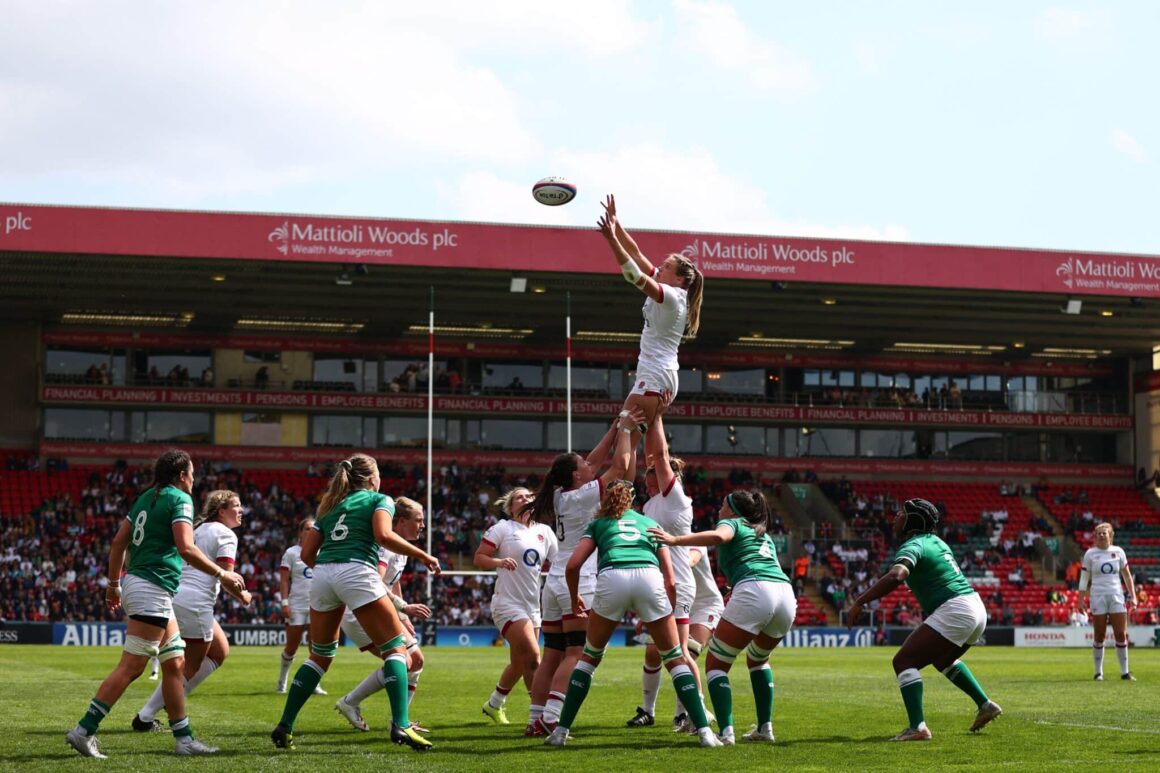By Aoife Coppinger
On 10 August, the IRFU announced that it is changing its Gender Participation Policy, meaning that trans women will no longer be allowed to play contact rugby in the female category. This follows a decision by World Rugby in 2020, making it the first international sporting body to ban trans women from the women’s game. The RFU in England also made a very similar policy change just last month.
A decision which will contribute to increasing transphobia
In a time when transphobia is already on the rise, this decision is bound to stir up a further increase in transphobia. Transphobic policies are sweeping the globe, with 110 anti-trans bills proposed in the US alone from January to June 2021. 2021 was also the deadliest year for trans people in the US.
In Ireland, trans people face an appalling trans healthcare system, with a single clinic for those over 17, for which waiting lists take up to ten years, and no public healthcare option for those under 17. They face harassment and discrimination on the streets, in their workplace and in school. They face the national broadcaster RTE, and other media, normalising vile transphobic ideas.
LGBTQ+ inclusive rugby club, the Emerald Warriors, spoke out about the IRFU’s decision. One part of their statement read, “There is a risk that the fallout and repercussions of this policy will accelerate into other sports and transphobia overall.”
The real issues for women’s sport
The IRFU targeting trans women and girls also comes at a time when it has recently been under scrutiny for its treatment of women’s rugby. After the senior team’s failure to qualify for the World Cup in September, questions began to be asked of the IRFU.
Before 2020 the women’s team received €2 million compared to €28 million for the men. Fifty six of the country’s current and former top women players wrote a letter to the IRFU outlining their complete distrust and disillusionment with the leading figures in the IRFU due to the underfunding and overall underappreciation of the women’s game. These pressures pushed the IRFU to increase the funding for the women’s team to €4 million, still drastically behind the men.
The participation of trans women and girls in sport is an issue being utilised by the IRFU now, but also in sport more broadly, to deflect from the real issues facing women’s sport under capitalism. Erica Sullivan, an elite swimmer, wrote a letter in support of fellow swimmer Lia Thomas, a trans woman, being able to compete in the American NCAA competition. One line read:
“As a woman in sports, I can tell you that I know what the real threats to women’s sports are: sexual abuse and harassment, unequal pay and resources and a lack of women in leadership. Transgender girls and women are nowhere on this list.”
Capitalism has no answers to these issues
Under capitalism, a system which depends on gender roles and stereotypes to survive, sport will always be perpetuating strict gender binaries. However, it is clear that these strict categories on gender simply do not work for a large section of the population. Not only do they exclude trans people, but intersex people, non-binary people, even cis women with higher levels of testosterone than ‘normal’ — with two Namibian runners being banned from competing in the next Olympics due to their natural testosterone levels.
This is just another way to police women and LGBTQI+ people’s bodies to supposedly ‘protect women’s sports’, when in reality it distracts from the reality that gender equality in sport, and indeed in general, is impossible under capitalism. The only way forward is to fight for a socialist system that puts human need and health over profit, and can break with backward gender roles, pointing to a new way forward for sport and society.












